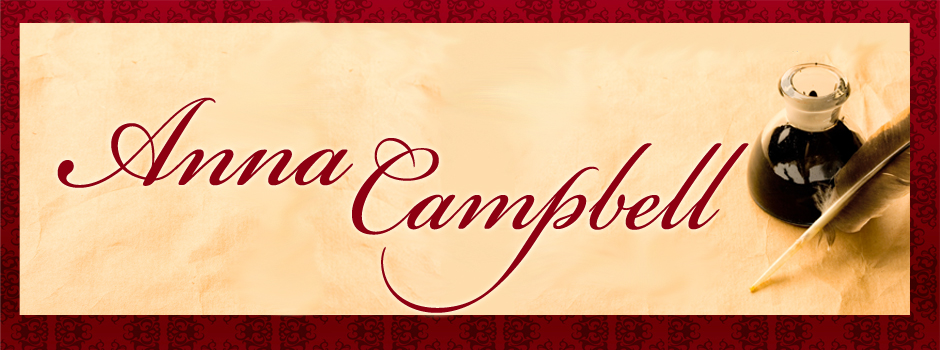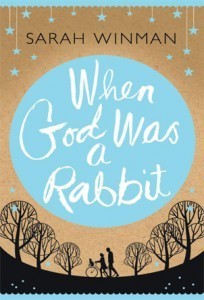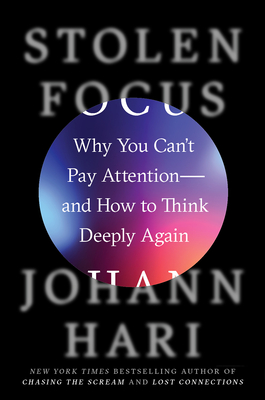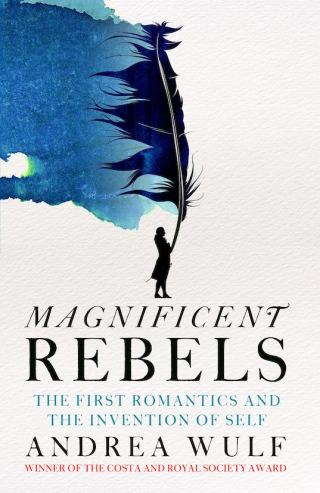Recommended Reads – Miscellaneous
I’m talking about some more books today, although nothing in particular draws these three recommendations together apart from the fact that I enjoyed them all and I think you will, too.
I’m going to start out with an older book from 2011, the wonderful When God Was a Rabbit by Sarah Winman. You may remember that I devoted a whole MFT column to Sarah W’s Still Life back in September last year.
I didn’t enjoy WGWAR quite as much as Still Life, which was one of the best books I’ve read in ages, but it’s a very enjoyable read with a particularly compelling second half. Like Still Life, WGWAR covers an extended time period and includes a whole universe of different characters. And again like Still Life, it packs an enormous emotional punch.
I won’t try and summarize the plot which is labyrinthine, partly because I’d hate to spoil the surprises, but at heart, this is a book about family and the unbreakable childhood bond between a brother and sister, and how that bond is tested when Elly and Joe go out into the world as adults. A lovely read.
My second choice this month is a book that made me think and whose advice I’ve tried to put into practice over the last few months – I’m not sure how successfully!
Stolen Focus: Why You Can’t Pay Attention – and How to Think Deeply Again (Phew, that’s one LONG title!) by Johann Hari (2022) talks about a lot of stuff that’s out there right now, stuff that isn’t necessarily good for us and our mental health. The way social media is stealing our ability to concentrate and to look beyond the quick 5-second grab. The way successful multi-tasking is in most ways a myth. The way we are under bombardment from advertisers in ways we’ve never been before.
Since reading this book, I’ve become a bit more mindful about how I use social media. I even took three weeks away from it over Christmas. Well, kind of away from it. I must admit I did check in most days just for a quick look and to make sure trolls weren’t taking over my pages. And I’m trying not to get sucked into those black hole days where all I seem to do is scroll through a million posts and then I have trouble remembering even a small percentage of them.
Has it helped me think more deeply? Who knows? I suspect the real results will only show up in the longer term.
My last recommendation is piece of historical nonfiction called Magnificent Rebels: The First Romantics and the Invention of the Self (2022) by Andrea Wulf.
This one read like a novel as a galaxy of literary, artistic and philosophical talent met, feuded, loved, hated, gossiped and partied in the small German town of Jena near Weimar in the years around the Napoleonic Wars. I’m sure part of the reason I was so interested in this is that it’s my era – it corresponds to the Regency period in England – but it was also incredibly fascinating to watch all these creative people operating in this crucible of intellectual life.
People who play a major part in the story are Goethe, Schiller, Novalis, Hegel, and Alexander von Humboldt, the famous explorer and scientist. There are also a plethora of less well-known but no less interesting people who gravitate to Jena as a place of peace when so much of Europe was falling victim to the chaos of war. Of course, with all these giant brains (and egos!) in one place, not to mention a number of alluring and adventurous women, peace didn’t last long at Jena either as life descended into scandal and ruined friendships.
There are also a number of strong female characters who are much more than mere observers to the artistic and intellectual ferment around them, including the fascinating Caroline Schlegel, the fulcrum around which all this activity revolved. The story details her friendships, her love affairs, and the scandals that often threatened to destroy her, as she acts as muse and intellectual equal in a way that was very modern.
To give you an idea of how much I loved this exciting, very sexy take on intellectual history, I bought it as a Christmas present for a dear friend! Well worth reading – although I must admit there were so many people whose names started with “SCH” that I occasionally got quite confused! Thank heaven there’s a list of personages with short biographies included. It helped me keep my Schillers and Schlegels and Schopenhauers straight!



